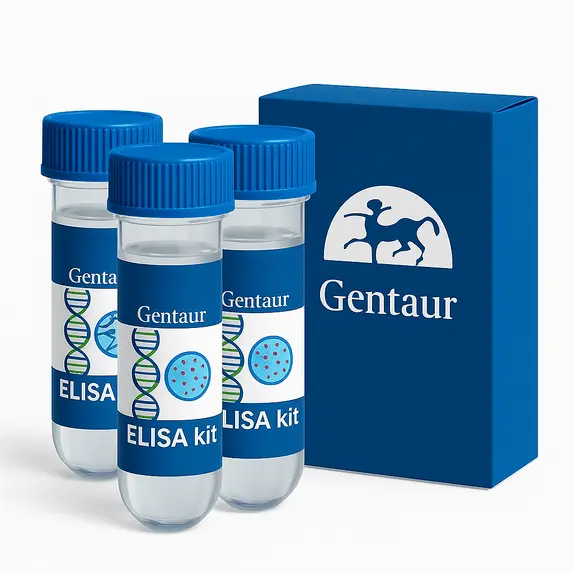Membrane affinity / lipophilicity Transil binding assay Assay Kit, Transil -
Transil Membrane Affinity plates characterize lipophilicity by measuring the partitioning between an aqueous phase and a lipid bilayer. The lipid bilayer consists of egg yolk phosphatidylcholine on a silica bead. Egg phosphatidylcholine is used as a fundamental model of mammalian membranes. The lipid bilayer coating is non-covalent, resulting in a highly mobile but stable lipid membrane. Diffusion and other natural properties of lipid membranes are perfectly mimicked. The membrane affinity results show a good correlation to fraction dose absorbed (fa) compared to log D and c log P octanol/water partitioning methods. For ionic compounds, the Transil results are more accurate than log D and c log P octanol/water partitioning assays because these partitioning methods tend to underestimate the partitioning of ionic species. Results correlate closely with liposome-based assays. No liposome preparation or ultracentrifugation is needed. The Membrane Affinity assays are faster than permeability assays such as PAMPA and Caco-2 and the results are consistent from lab to lab. Application: Method:Transil binding assay Species: Storage:
